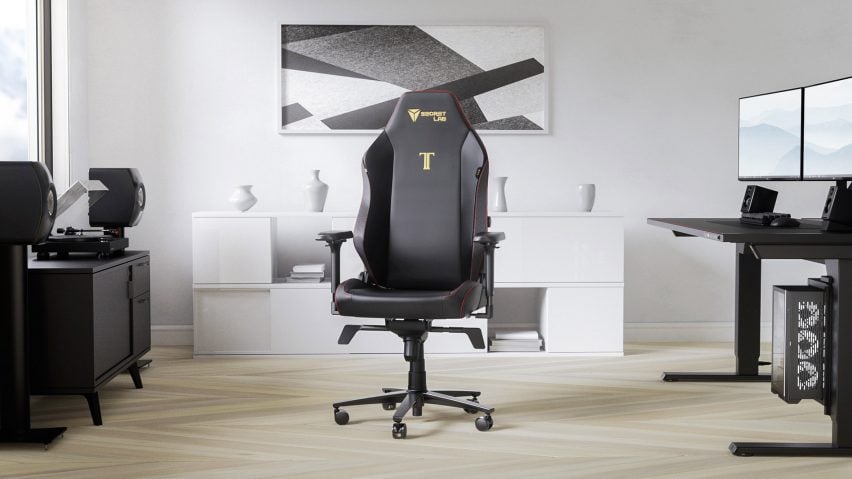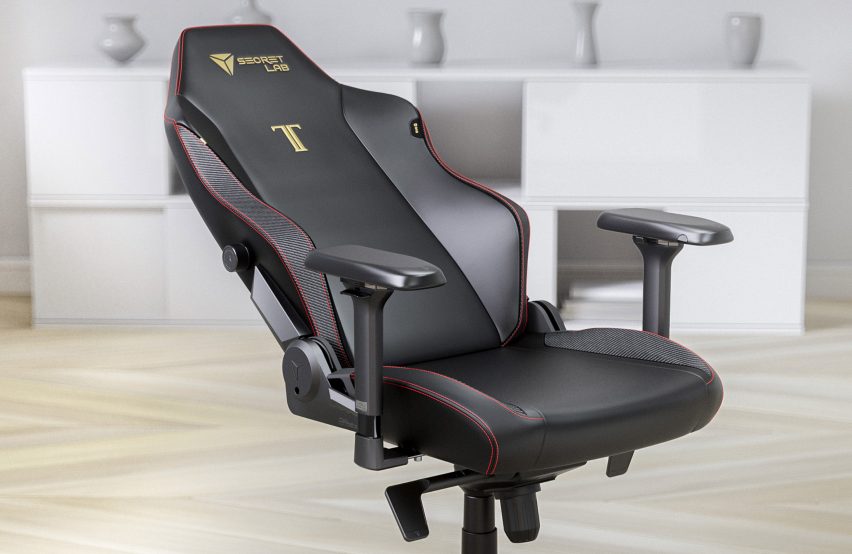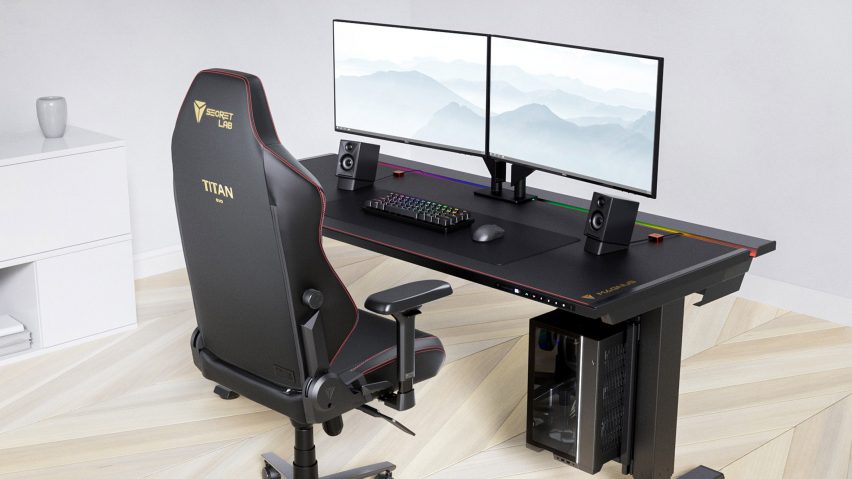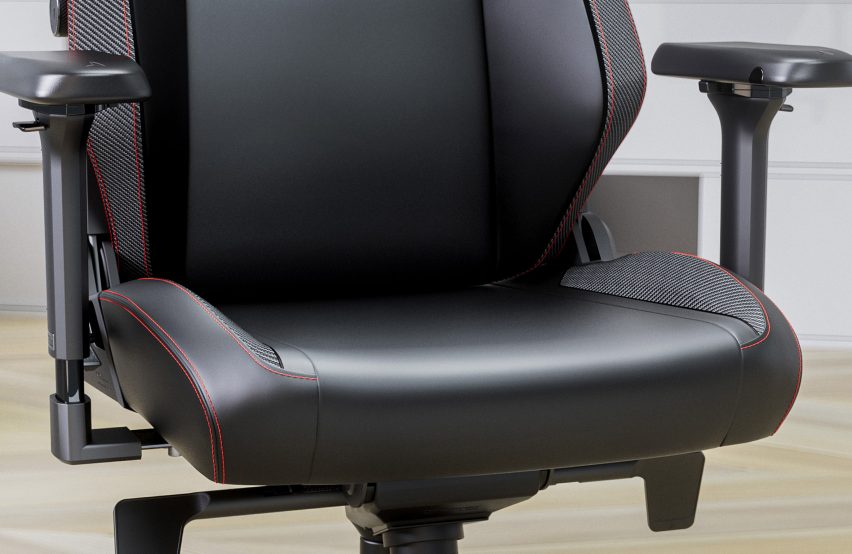
Ergonomic chair design should "support natural movements" says Secretlab
Promotion: the idea that the optimal seated posture is a straight back with elbows and knees bent at 90 degrees is one of the "biggest myths in ergonomic design," according to global brand Secretlab.
Secretlab points to the research of Professor Stuart McGill, professor emeritus at the University of Waterloo and a leading expert in the mechanisms of back pain, who says that the ideal seated posture for working is one that constantly changes and that supports natural movements.
"When your chair forces you to sit for extended periods in the same position, stress builds up in the soft tissues in your posterior," said McGill. "The body migrates stress from one tissue to another through posture change."
"Thus, the ideal sitting posture is one that is variable and changes to migrate stress," continued McGill.

McGill's research gives further backing to Secretlab, which designs its chairs to migrate stress by promoting natural shifting and movement while ensuring sufficient support in multiple positions.
Based on Secretlab's research, ergonomic chairs should be versatile and adaptable, which means up to 165 degrees of recline, armrests that can be adjusted in nearly any direction, variable lumbar support and a seat base that gives individuals the freedom to move.
The brand says that this is particularly important for those who spend long hours at a desk – including gamers – which in turn prevents pain, discomfort and injury.
Secretlab's flagship Titan Evo chair offers "a unique approach to ergonomic sitting" and includes a number of advanced ergonomic features. For example, it is equipped with an advanced internal lumbar support mechanism that enables users to adjust it in four directions, tucking neatly into the natural curve of people's lower back.
The chair comes in three sizes: small (S), regular (R) and extra large (XL). These optimised sizes were fine-tuned from the feedback the brand gathered from its two million user base, which was then thoroughly tested with "state-of-the-art" pressure sensors and validated by its independent Ergonomics Advisory Board.

The lumbar support also includes a number of "living hinges" that flex to an individual's spine as they move and a magnetic head pillow for adjustable head or neck support, depending on whether an individual is sitting upright or reclined.
The chair is made with a patent-pending cold-cure foam formulated to be medium-firm, which offers the optimal balance between support and comfort.
Curing its proprietary foam mix at a lower temperature makes the foam's cell structure more compact, says Secretlab, which makes it even more resistant to sagging and deformation over its lifetime.

When pressure is applied, the foam quickly adapts to provide immediate support and contouring. This responsiveness ensures optimal support as the individual changes posture throughout the day.
This also helps reduce discomfort caused by pressure upon the ischial tuberosities – a "curved bone" at the bottom of the pelvis that bears most of your weight when sitting – says Secretlab.
"Sitting places so much pressure on your body, particularly your spine, and we knew we had to get the details right," said Vincent Sin, head of industrial design at Secretlab. "Every [Secretlab] chair is also subject to a rigorous test regime that goes well beyond the standards set by internationally recognised authorities."
We design our chairs to last and we want to be sure that they'll hold up under years of daily use," he continued.
Learn more about Secretlab's ergonomic philosophy by visiting its website.
Partnership content
This article was written by Dezeen for Secretlab as part of a partnership. Find out more about Dezeen partnership content here.